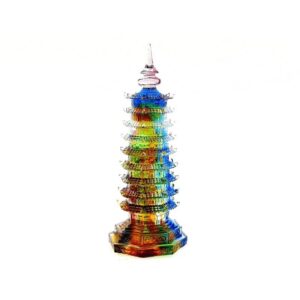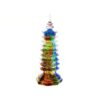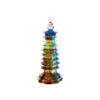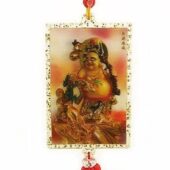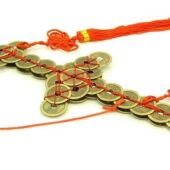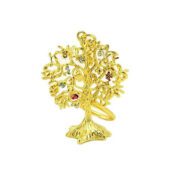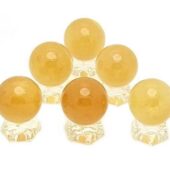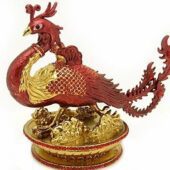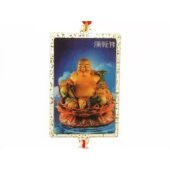Description
This captivating multi-hued crystal glass is seeing a surge in popularity not only in Asia but also in America and Europe. The procedure of creating Liuli glass is pretty similar to the age-old French glass casting technique known as “pate-de-Verre”. The process of creating Liuli glass is special and very difficult due to several factors with a failure rate of as high as 40%! That’s why Chinese Liu Li art pieces always fetch a higher price. The instability of the molds (which is not reusable) and high firing temperatures required are the two most common reasons determining the success rate of producing a beautiful Liuli artwork. Each piece of Liuli glass is unique as the mixture of colors varies from one to the next.
This beautiful temple is a long-used symbol of the pathway to perception. It is filled with wisdom, harmony, and peace – it is for this reason that an individual who is filled with knowledge is said to persevere like a pagoda, never being flustered by anything. In Chinese folklore, the pagoda has been a tool to tame unruly characters, keeping them prisoner inside until they have attained a state of calm. A pagoda is sometimes built to secure geomantic influences for the good of the surrounding district or to improve the Feng Shui of the surrounding.
In Feng Shui, the pagoda, also known as the Education Tower is said to create energy and revitalize the beholder. Because of this, it is a widely used gift to those who are in school, seeking to improve their grades and study skills, as well as enhancing competence and clarity. In addition to this, the Wen Chang Pagoda translates negative energy in the area into good chi, carrying with it fortification, fame and academic luck, and a capability to move forward in your field of work.
Along with the wind chime, Bagua, and Wu Lou, the Wen Chang Pagoda is a potent instrument used by Feng Shui experts. The name of the pagoda itself originates from the Wen Chang star (one of the Flying Stars in #4 Green), which is believed to have the ability to alter the outcome of a student’s success, both in academics and later on in a career. For those who are in pursuit of higher education (similar to the ancient imperial tests for officials of the Chinese court), a pagoda is said to create literary luck, allowing them to, later on, have fame and fortune.

